It’s ironic that in the week when we acknowledge World Justice day (February 20th) we also recall that it’s a year since the murder of Reza Barati, a 23-year-old Iranian asylum seeker on Manus Island. This is a crime that still cries out for some justice. 
World Justice Day developed out of the World Summit for Social Development held in Copenhagen, Denmark, in 1995 (a city that this week also felt the cruelty of murder and injustice.) The pledge of leaders at this summit was to make the conquest of poverty and full employment, as well as stable, safe and just societies, their overriding objectives. They also agreed on the need to put people at the centre of development plans.
These might appear to be unachievable targets given the evidence for an epidemic of injustice around the world at the moment. It’s easy isn’t it to be overwhelmed by the many injustices jostling for out attention and to end up rendered inactive like stunned mullets?
Should we be focusing on local or international injustices? Should we give attention to this week’s ‘Closing the Gap’ report which revealed that most targets for indigenous Australians are not on track to be met?
Should we be using our energies to call for compassion for Sukumaran and Chan, the two Australian drug smugglers facing imminent execution in Indonesia?
What about the damming report by the Human Rights Commission into the detention of asylum seeker children under Australia’s watch? Or the wider issue of justifying the open-ended detention of asylum seekers on Manus and elsewhere under the guise of ‘stopping the boats’? The injustice was this week perfectly articulated by human rights lawyer Julian Burnside when he pointed out that to hold people in detention on the guise of preventing deaths at sea was merely to shift potential deaths into other spaces, ‘out of sight’ and hence more acceptable.
Perhaps we should be drawing attention to another report published this week on youth homelessness. ‘The Cost of Youth Homelessness’, a joint project by Swinburne, Western Australia and Charles Sturt universities that has revealed at least 44,000 Australians aged younger than 25 were homeless and most of them were couch surfing. The main cause of homelessness for young people was family conflict. Victorian partnerships currently fund a series of youth foyers which brings together training and housing services for at-risk youth but with no Federal commitment to these programmes, they are at risking of closing on June 30th this year. This would be a massive injustice for homeless youth.
 My first novel ‘Towards a Distant Sea’ published in 2005 arose out of my experiences in the Philippines with poor peasant farmers struggling to resist the injustices of a system which was feudal in structure and cruel in outcome. The story inspired former High Court Judge Michael Kirby to describe it as ‘a story…about the impact of repression on the human spirit – and the way, despite all odds, humanity struggles endlessly against worldly authority.’
My first novel ‘Towards a Distant Sea’ published in 2005 arose out of my experiences in the Philippines with poor peasant farmers struggling to resist the injustices of a system which was feudal in structure and cruel in outcome. The story inspired former High Court Judge Michael Kirby to describe it as ‘a story…about the impact of repression on the human spirit – and the way, despite all odds, humanity struggles endlessly against worldly authority.’
But there is hope despite injustices still prevailing. Humanity does still struggle endlessly against worldly authority and injustice. There is no underestimating the unstoppable power of grass-root community groups. When I worked in the Philippines in the 1970s I was truly amazed and inspired by the proliferation of brave grass-roots groups that resisted the cruelty of the Marcos Martial Law system.
I see a similar phenomenon emerging now. Despite, or perhaps because of, the dominance of unjust forces in many corners of our globe, even in Australia, small, active groups are finding a voice and resisting in small but incremental ways. Authority has always underestimated the energy of determined humans. Change is possible. In just the past 48 hours 202 Australian organisations signed up to support legislative change to prevent the future detention of children. Something tangible is happening.
 In the sky over Sydney today the skywriting message was clear for all to see: ‘Close Manus’. There is a change of mood. Involvement,even to a small degree, in one of these grass-roots groups will contribute to the more just society for which we all crave.
In the sky over Sydney today the skywriting message was clear for all to see: ‘Close Manus’. There is a change of mood. Involvement,even to a small degree, in one of these grass-roots groups will contribute to the more just society for which we all crave.

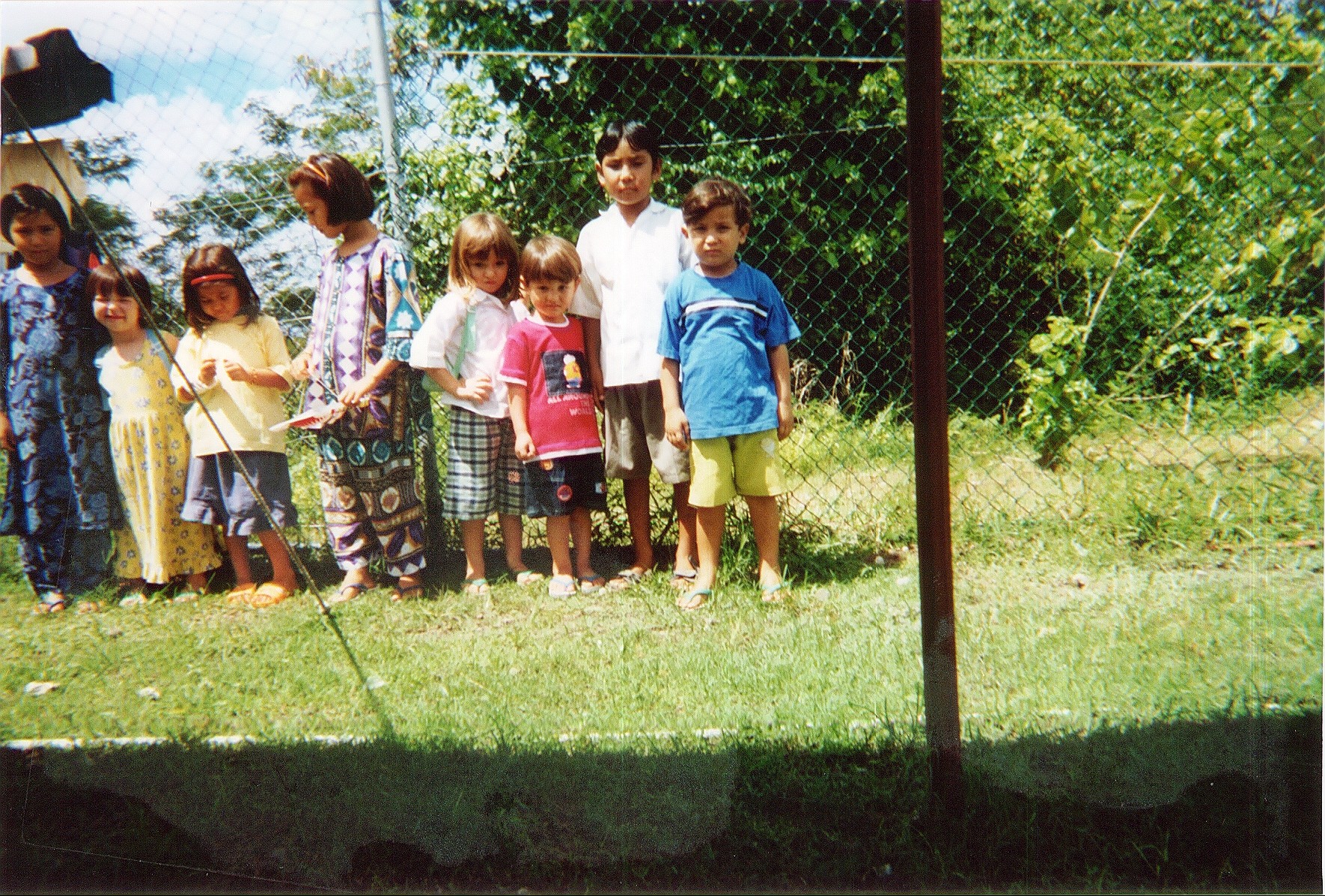
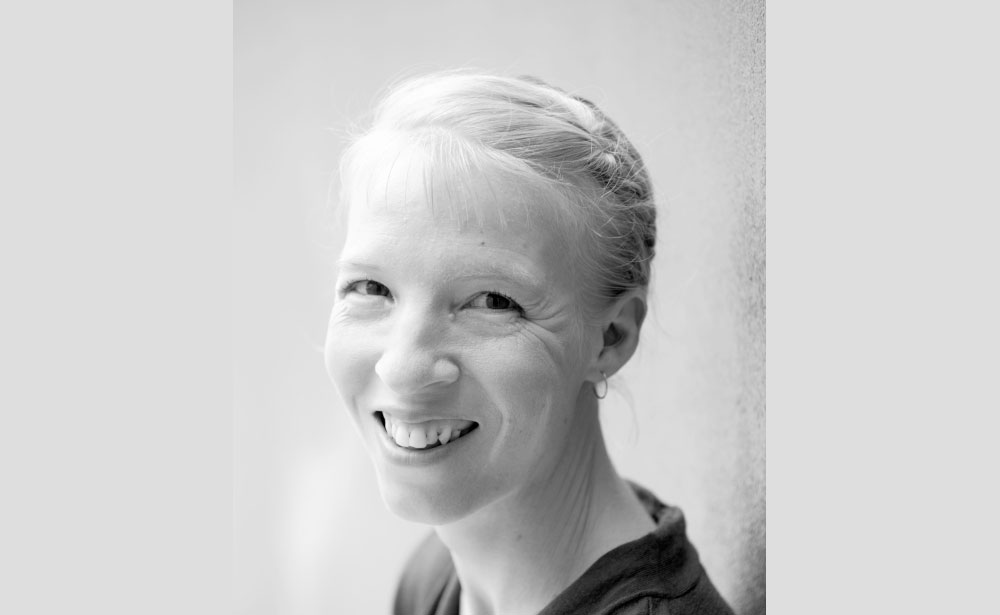
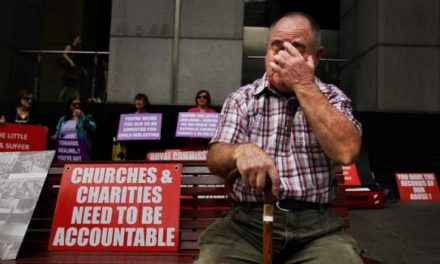
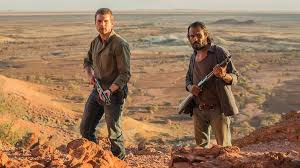
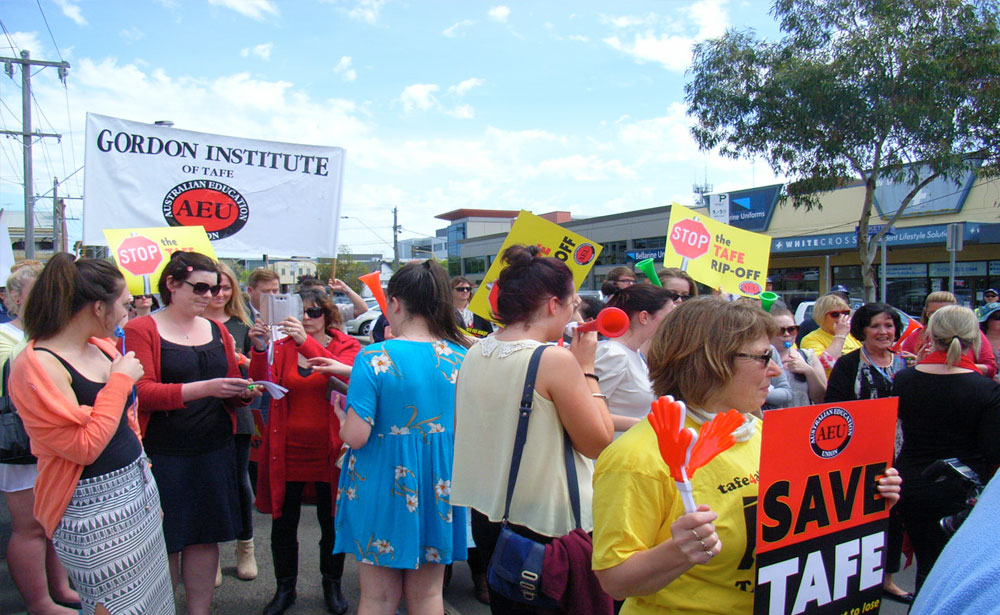
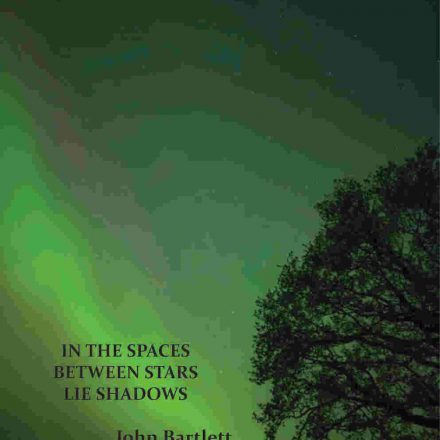
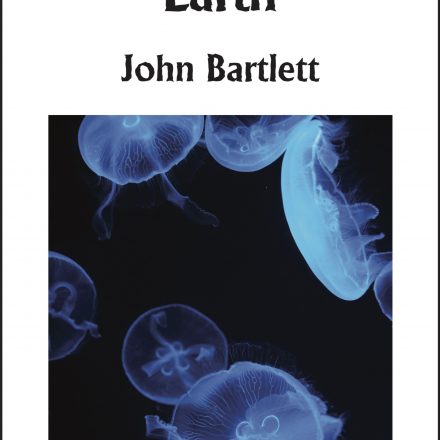


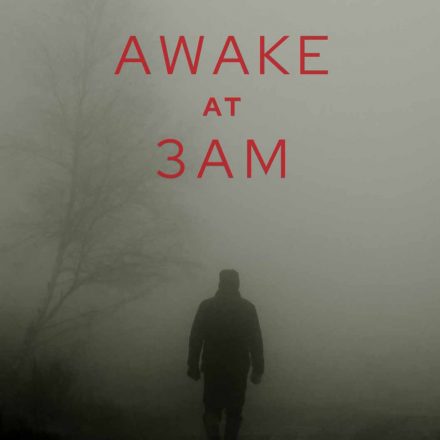

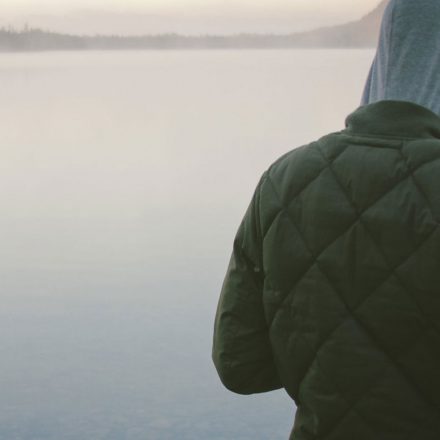
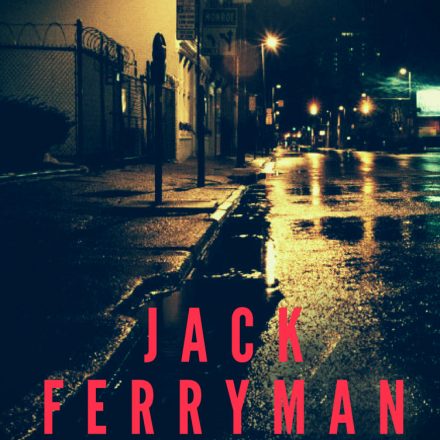
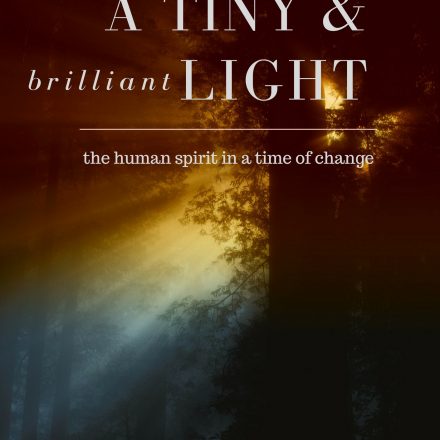










John, well said. It is only by chipping away and having hope that we will see results, as you rightly put by uniting together a difference can be made. Keep giving leadership.